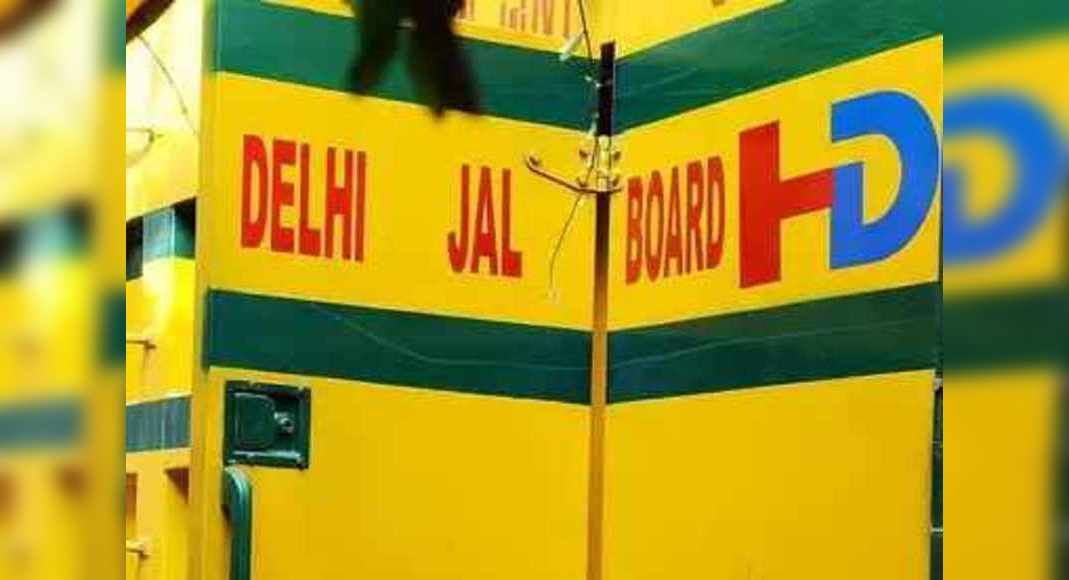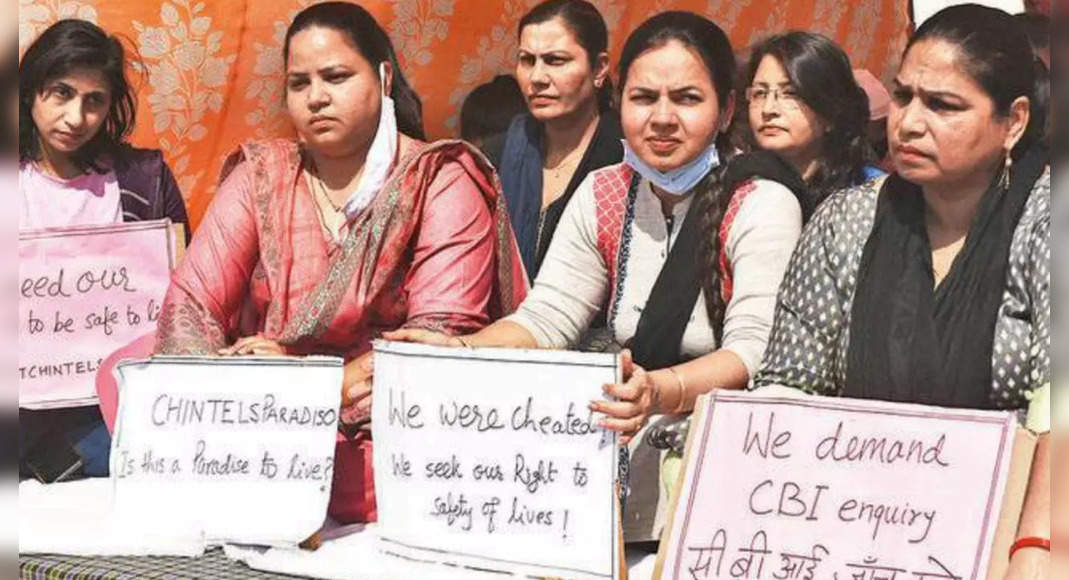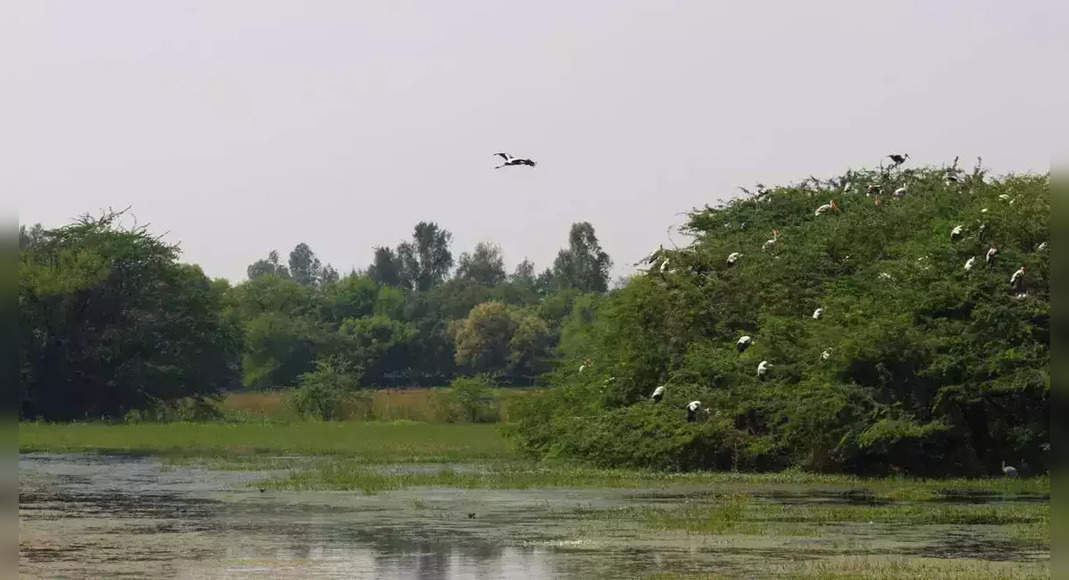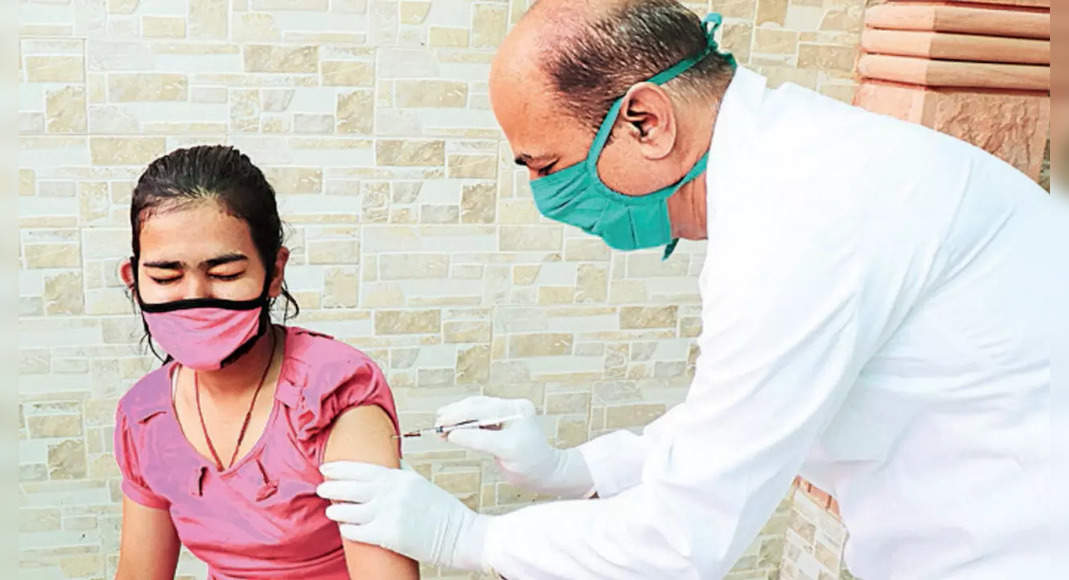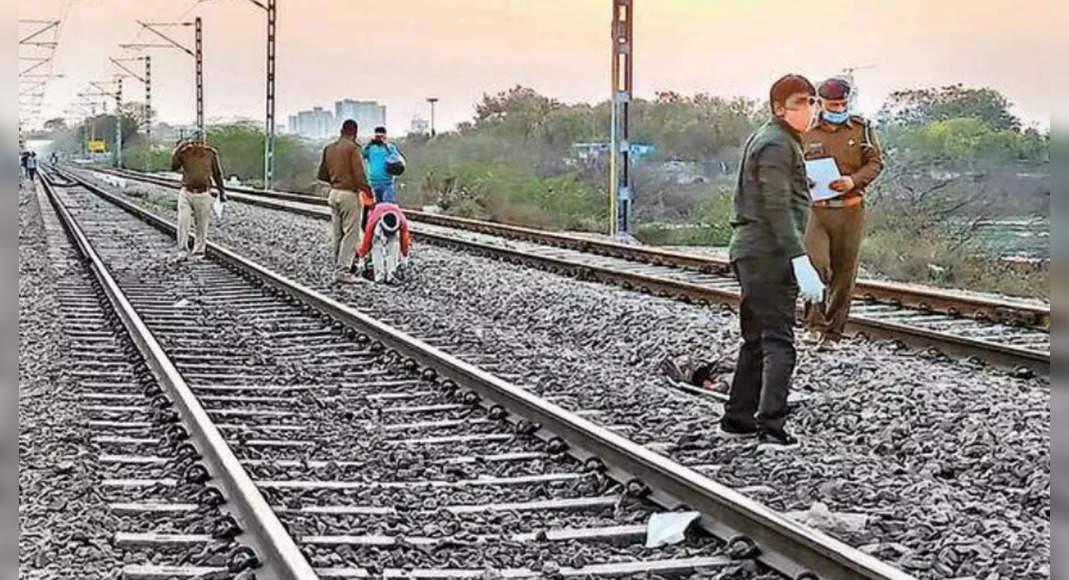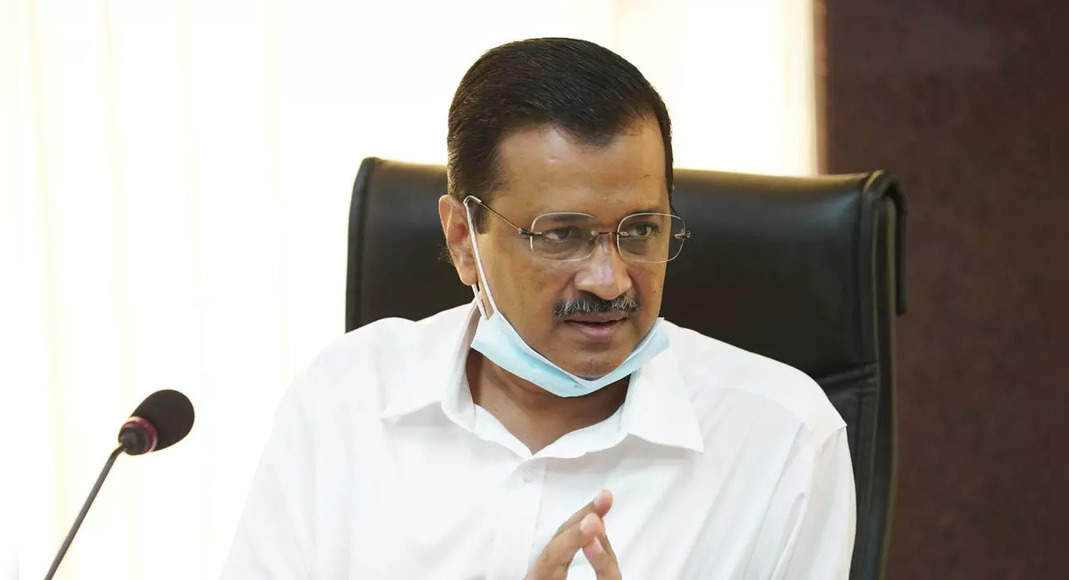NEW DELHI: In a bid to make Delhi water secure, the demand of potable water for domestic use needs to be rationalised and progressively reduced from 60 gallons per capita daily (GPCD) to 50 GPCD, according to proposals in the draft Master Plan for Delhi – 2041.
The draft, which is now placed in public domain for objections and suggestions from common citizens, facilitates Delhi’s development by assessing the present condition and guiding how to achieve the desired development over the next 20 years.
It is prepared by the Delhi Development Authority (DDA).
“Due to the limited availability of raw water to Delhi, Delhi Jal Board (DJB) targets of demand of potable water for domestic use needs to be rationalized and progressively reduced to 50 GPCD (225 LPCD) and supplemented by using non-potable recycled water of desired quality standard for non-potable purposes,” read the draft.
“Water demand for industrial and horticulture/gardening/agriculture purposes to be fulfilled from recycled waste water of desired quality standards.
Potable water demand for the projected population of 29.1Million @ 50 GPCD works out to be 1455 MGD,” it added.
The estimated water demand for Delhi in 2020 for the population of 19 million at 60 GPCD was 1,140 million gallons per day (MGD), it noted.
According to the draft, there are visible accounts of decline in groundwater levels, heavy pollution in Yamuna river and frequent waterlogging instances across Delhi, and “the continuous increase in future demand may outperform the supply” as the national capital is predominantly dependent upon external sources for fresh water.
The plan has suggested several management strategies to reduce the demand for fresh water in the city, including “treating waste water for non-potable uses”, “water supply rationalisation” and “low water consumption plumbing fixtures”.
“Water supply in new developments under the various policies of this Plan will be controlled to minimize additional stress on water resources…
100 per cent treatment and maximum re-use of wastewater shall be encouraged in existing developments and mandatory,” it suggested.
Also, all agencies concerned shall encourage citizens and different stakeholders towards adapting water-sensitive behaviour for long-term water sustainability, it added.
Notably, the water supply and distribution in Delhi is largely managed by Delhi Jal Board (DJB).
In areas under New Delhi Municipal Council (NDMC) and Delhi Cantonment, DJB supplies water in bulk while NDMC and Delhi Cantonment manage the distribution.
In order to optimise bulk reuse of waste water, the plan asks the DJB and other agencies to ensure treatment of all waste water generated in the city as only treated waste water shall be permitted to be discharged into drains or water bodies.
“This will require augmentation of treatment capacity, maximum collection of waste water through better coverage of unsewered areas, installation of interceptor sewers and implementation of other suitable methods,” it explained.
Pushing for the non-traditional sources of water for future water needs of Delhi, the draft suggested “maximising retention of storm water” and using rain water.
“Another important intervention is to reduce stormwater runoff and maximise the use of rain water, either directly through storage or indirectly through ground water recharge,” it added.
The draft of Master Plan for Delhi 2041, envisioning “Foster a Sustainable, Liveable and Vibrant Delhi by 2041″ comprises two volumes — ”Vision 2041 and Enabling Policy Framework” and ”Spatial Development Strategy and Action Plan” — in 22 chapters.

